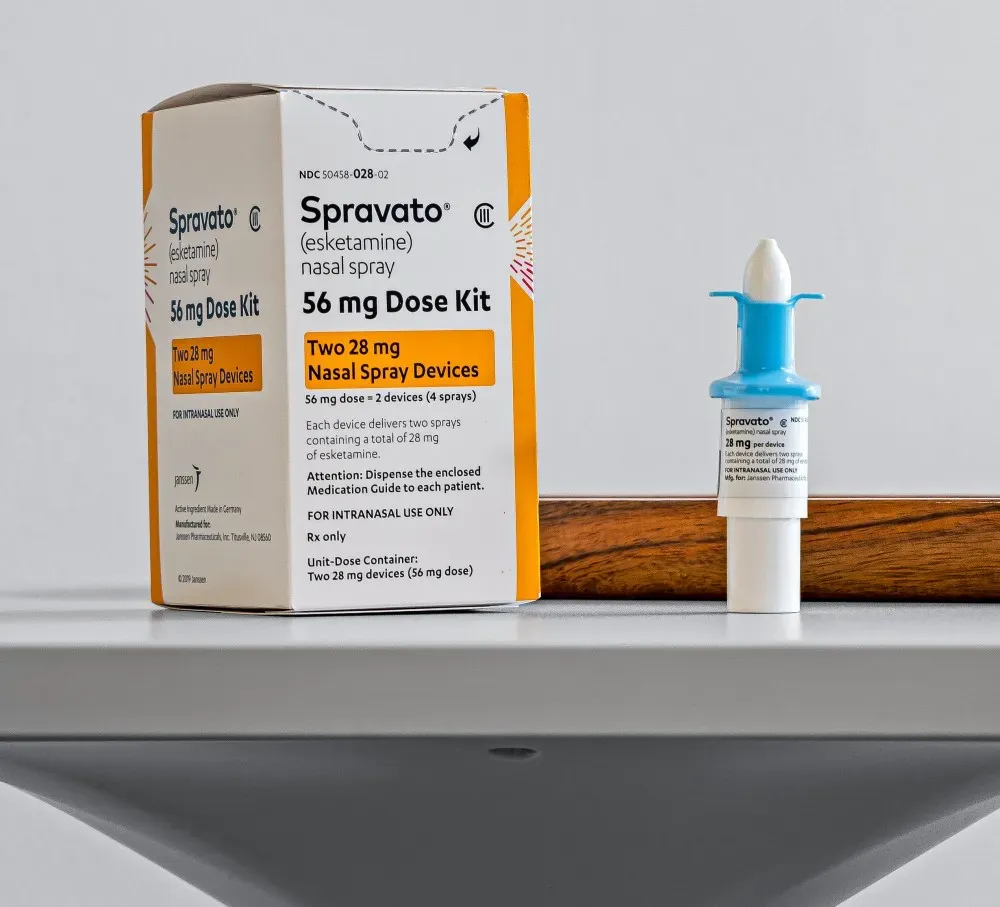
Depression affects millions, and for some, standard antidepressants and psychotherapy simply don’t provide enough relief, for people with treatment-resistant depression (TRD)—those who have tried at least two different antidepressant medications without sufficient improvement—Spravato (esketamine nasal spray) has emerged as a groundbreaking option.
Here are the key reasons why Spravato stands out:
Rapid Onset of Relief
Traditional antidepressants often take weeks before patients feel a meaningful effect. Spravato has shown effectiveness within 24 hours in many cases. This speed is especially valuable for those in crisis or dealing with severe depressive symptoms.
Option When Other Treatments Fail
For people who haven’t responded to standard oral antidepressants, Spravato provides an alternative pathway. Being approved specifically for treatment-resistant depression means it targets a gap many struggle with.
Monotherapy Approval
As of recent updates, Spravato can now be used alone (without needing to combine it with a daily oral antidepressant) for certain patients. This gives more flexibility in prescribing and may benefit those who have side effects or difficulty tolerating other medications.
Novel Mechanism of Action
Unlike most antidepressants that work by altering serotonin or norepinephrine, Spravato acts via the glutamate system (it’s an NMDA receptor antagonist). This different route may explain why it helps where other treatments don’t.
U.S. Food and Drug Administration
Evidence of Lasting Effect
Clinical trials show not only quick symptom improvement, but also that continuing treatment can delay relapse in many patients.
That said, Spravato isn’t without considerations. It requires administration in certified clinics (so usage is supervised), there are potential side effects like dissociation or sedation, and cost or access can be limiting. But for many with severe or persistent depression, Spravato offers hope where earlier treatments have fallen short.